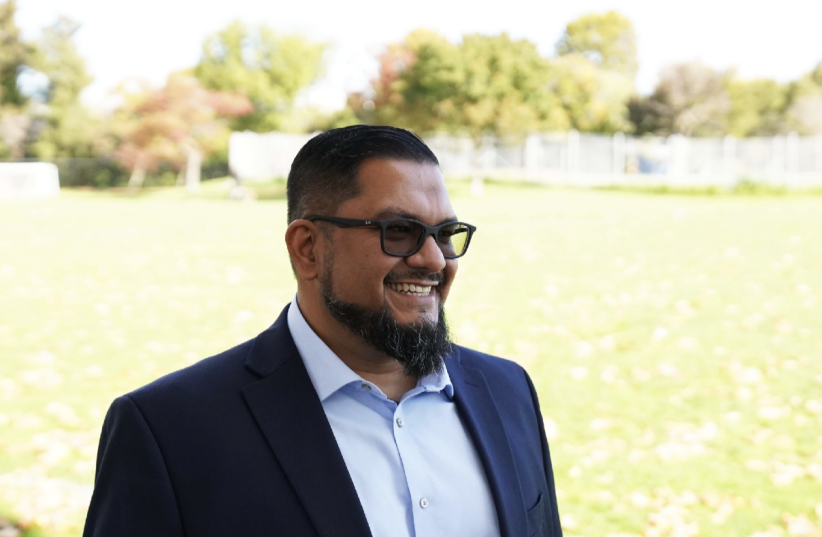Long recognized as one of the leading nations when it comes to technological innovation, Israel has been able to establish itself as one of the global leaders in AI development. Not only does the country have one of the highest relative AI skill penetration rates but it also ranked fourth in terms of private funding and new AI companies in 2022. AI expert Ahmed Reza believes the country’s AI ecosystem has a lot to offer the global AI community.
“We have long known about Israel’s prowess in areas like cybersecurity and robotics,” says Reza, who is known for keeping a close eye on the AI race. “Both Israeli society and their government have embraced technology in a way few other countries have done, which will prove beneficial at a time when uncertainty around AI is at an all-time high.”
The integration of increasingly powerful AI models is rapidly transforming industries worldwide by offering unprecedented possibilities for innovation and growth, with Israel emerging as a frontrunner in AI development. This is despite the country having found itself lacking a regulatory framework or agency ready to deal with the AI race, just like most countries.
As reported by Reuters earlier this month, Israel has been open about its intention to become an AI leader in the near future. While this comment was made in regard to AI for academic purposes, the implications extend beyond the academic sector. Institutions like Tel Aviv University and Sapiens have announced collaboration agreements that have already boosted the local AI ecosystem.
“Israel has always been a nation open to global engagement and a unique ability to leverage international collaborations, which is one of the factors behind its thriving startup ecosystem,” explains Reza, a startup and entrepreneurship hub founder himself. “This approach is similar to the one we have in the US and creates a great opportunity for collaboration between our two countries.”
Reza has been vocal in the past about the need for global collaboration if the AI community wants to address the challenges and uncertainties surrounding AI. He emphasizes that no single country can tackle the complex issues associated with AI development alone.
“While the Israeli and American startup ecosystems have many similarities, our visions for the technology can be quite different in many ways,” adds Reza. “While collaboration will certainly foster knowledge sharing and technological innovation, I believe that the focus should be the ethical, social, and regulatory aspects of AI.”
The topic of AI has undoubtedly become a controversial one over the past years, with experts disagreeing on what approach is best. However, despite calls by many leaders to halt AI development, most agree that AI development will only accelerate over the next few years.
“AI is not going anywhere, that much is clear. The technology is becoming more integrated into our lives and across industries by the hour,” concludes Reza, who participated in a virtual seminar on AI with Middle East leaders in May. “We need a unified approach that transcends borders and brings together the collective wisdom and expertise of nations. This is what I believe and am focused on now.”



